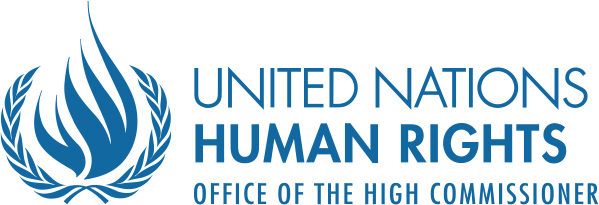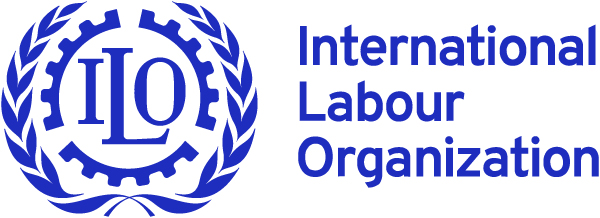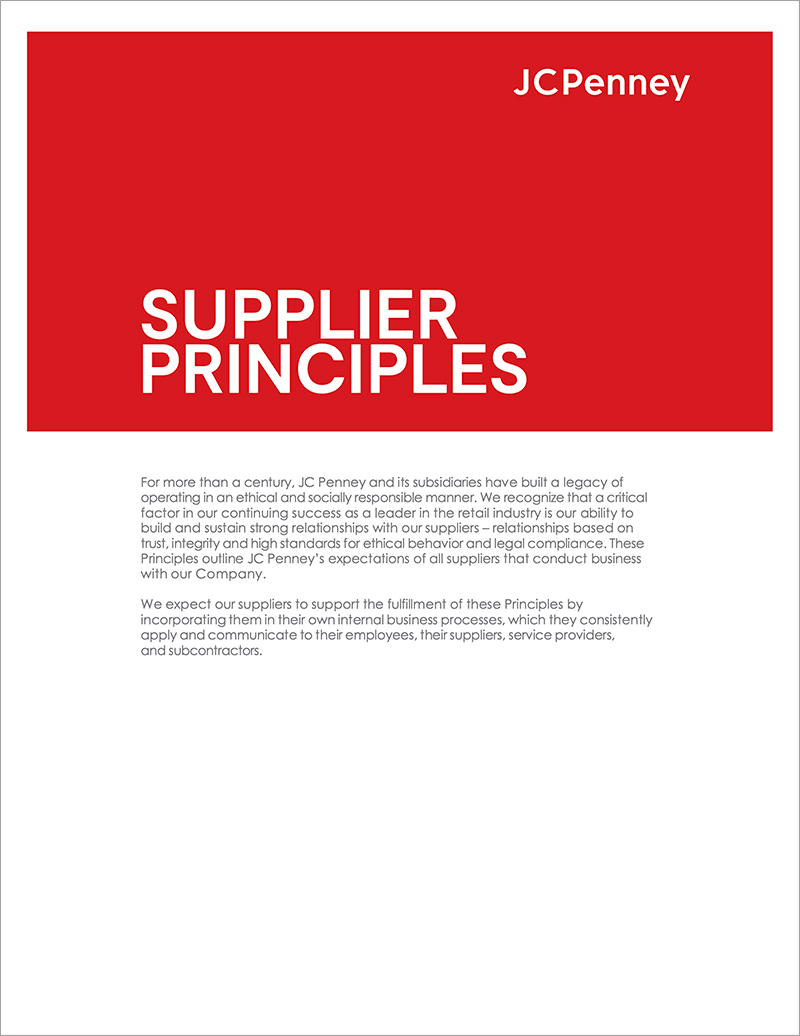
Responsible Sourcing
For more than a century, JCPenney has built a legacy of ethical and responsible business conduct that protects human rights, promotes environmental sustainability, and complies with local laws and regulations. We partner with third-party suppliers who share our commitment to a responsible supply chain and have established policies and processes that align with applicable laws and international standards like the International Bill of Human Rights and the International Labor Organization’s core conventions.
All suppliers, factories, and nominated mills are required to take onboarding training covering JCPenney’s Supplier Principles, business ethics, and forced labor guidelines. To be authorized for production, all prospective factories must demonstrate they can meet or exceed JCPenney’s social and environmental requirements through a social audit conducted by ELEVATE, a leading global provider of responsible sourcing services.
Once authorized for production, factories maintain compliance through periodic training, audits, remediation, and capacity building programs. Strategic fabric mills were added to our responsible sourcing program in 2017 and must also meet and maintain our social and environmental standards. Our risk-based approach focuses resources on strategic and higher-risk facilities to drive improvements for the workers of our suppliers who make our products.
Partnerships
Responsible sourcing requires strategic partnerships with peer companies, non-governmental organizations (NGOs), nonprofits, and industry associations to develop and maintain robust policies and compliance processes, identify new risks in our supply chain, and evolve our program to align with changing legal and customer expectations.Some of our key partnerships include:
- Sustainable Apparel Coalition (SAC) is the apparel, footwear, and textile industry’s leading alliance for sustainable production. Our membership provides access to tools like the Higg Facility Environmental Module (FEM) and the Higg Brand and Retail Module (BRM) which help us improve the environmental performance of the facilities in our supply chain and identify social and environmental opportunities within our business.
- JCPenney works closely with nonprofit organization Nirapon to ensure the safety of all workers in our suppliers’ Bangladesh factories.
- JCPenney continues to enroll textile mills and laundries in the Clean by Design program, facilitated by the Apparel Impact Institute (Aii), to improve manufacturing sustainability performance related to energy, water, and chemicals.







